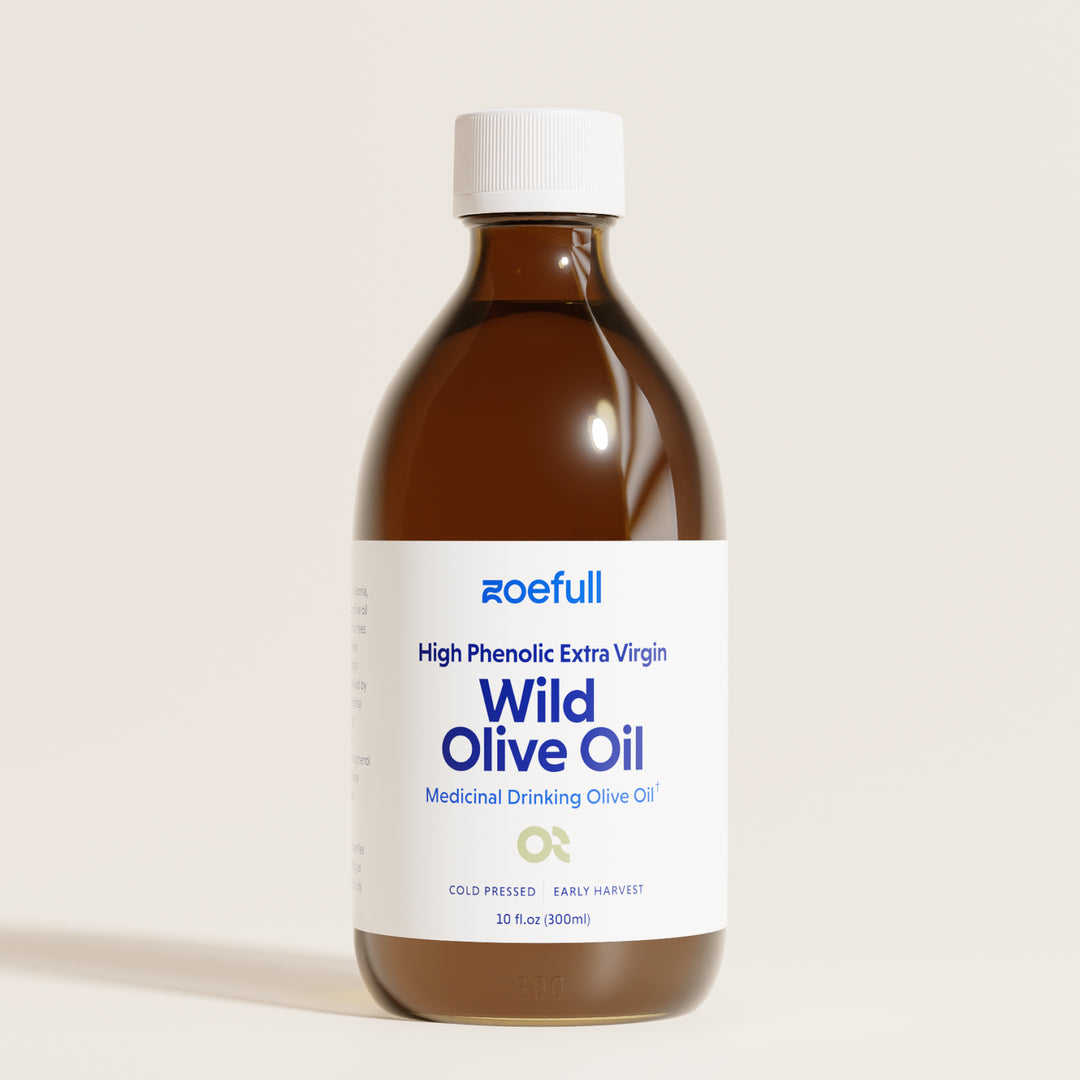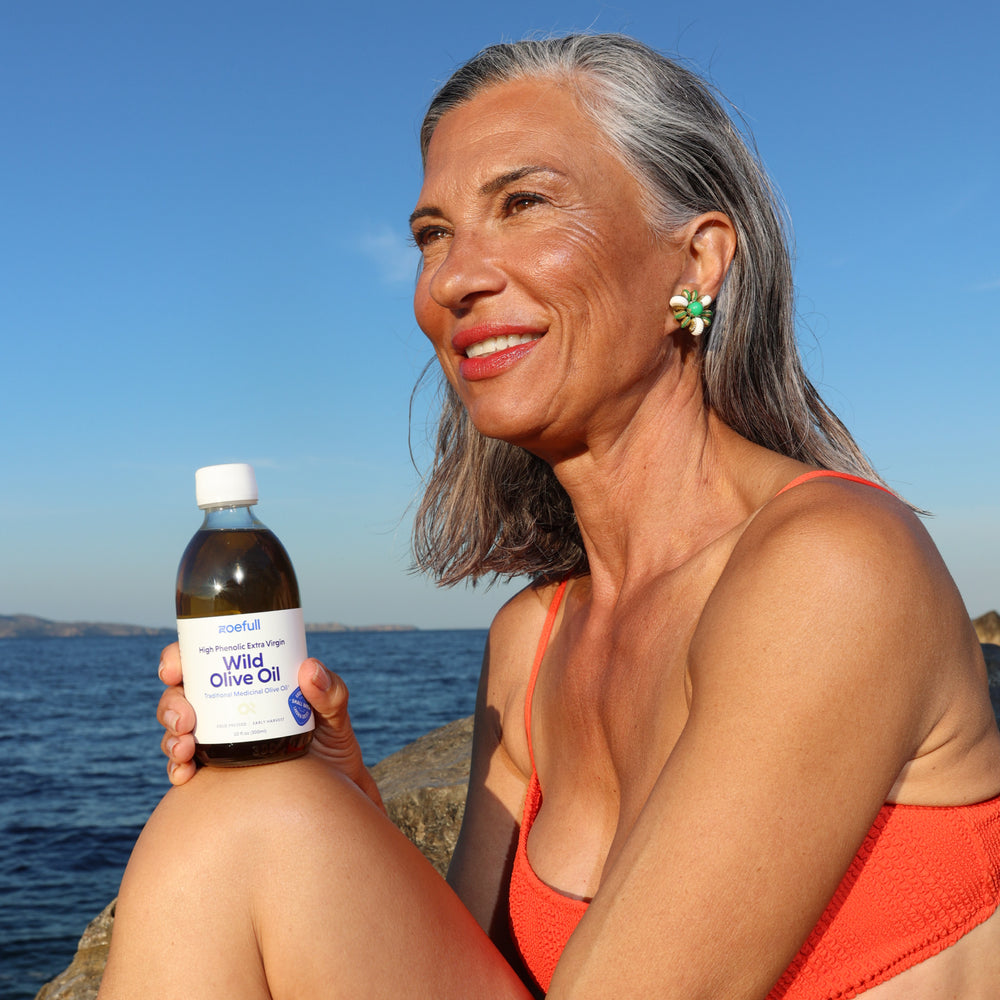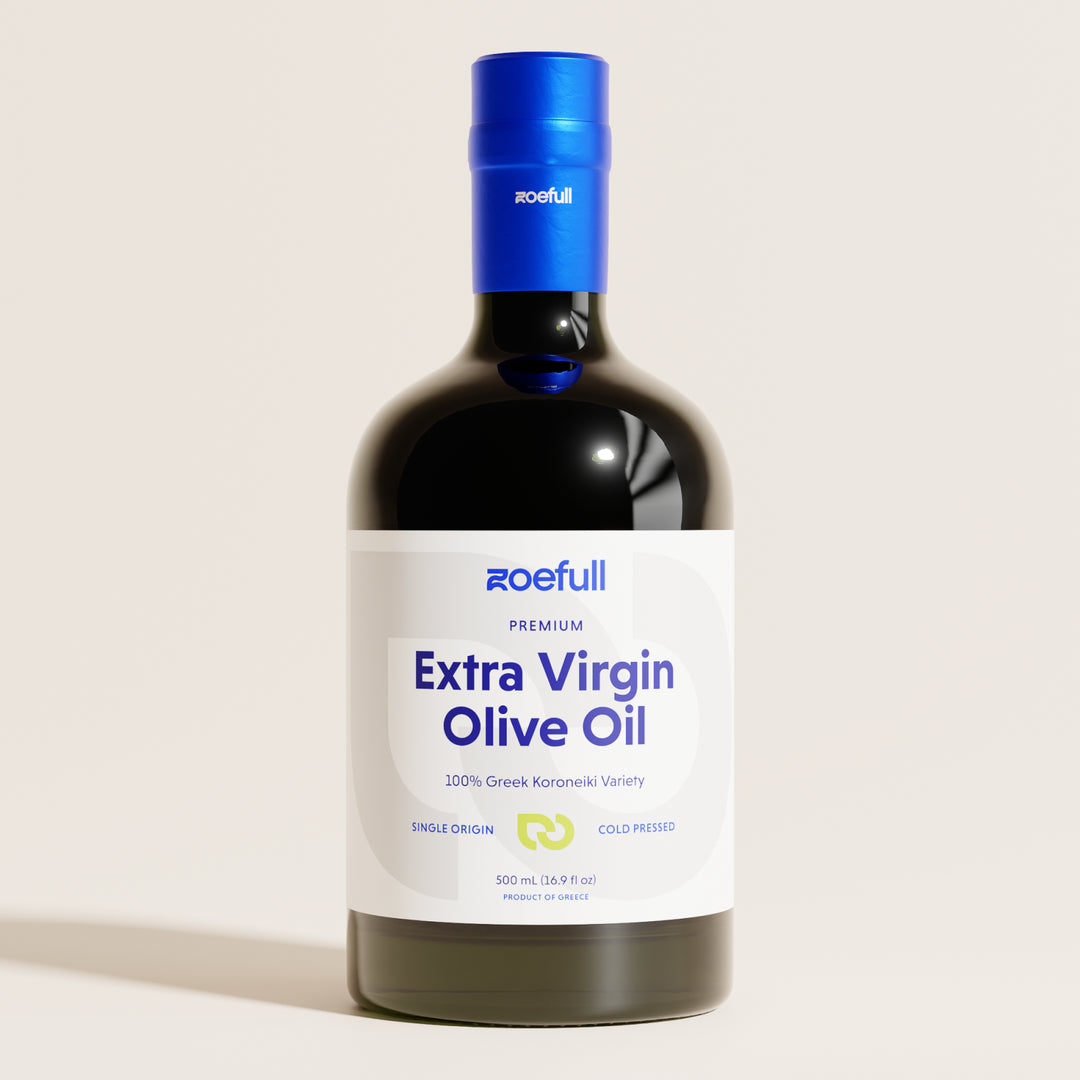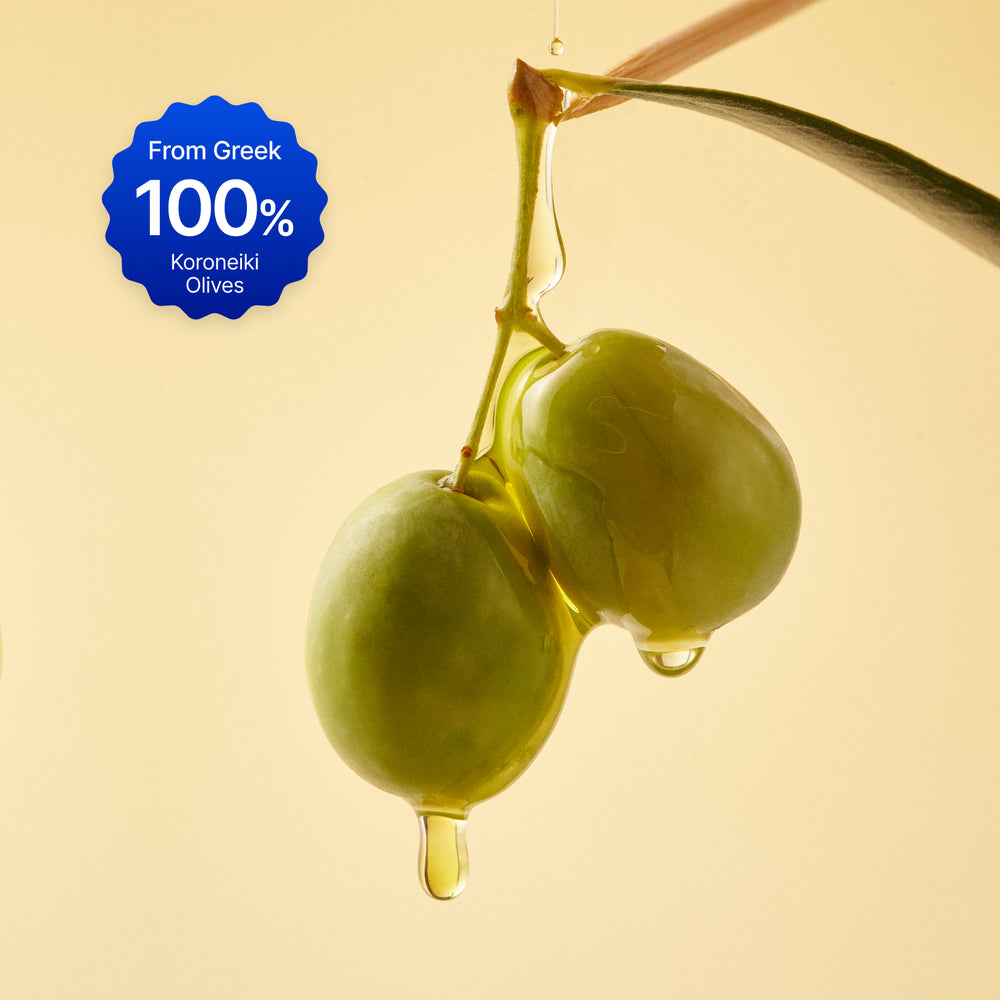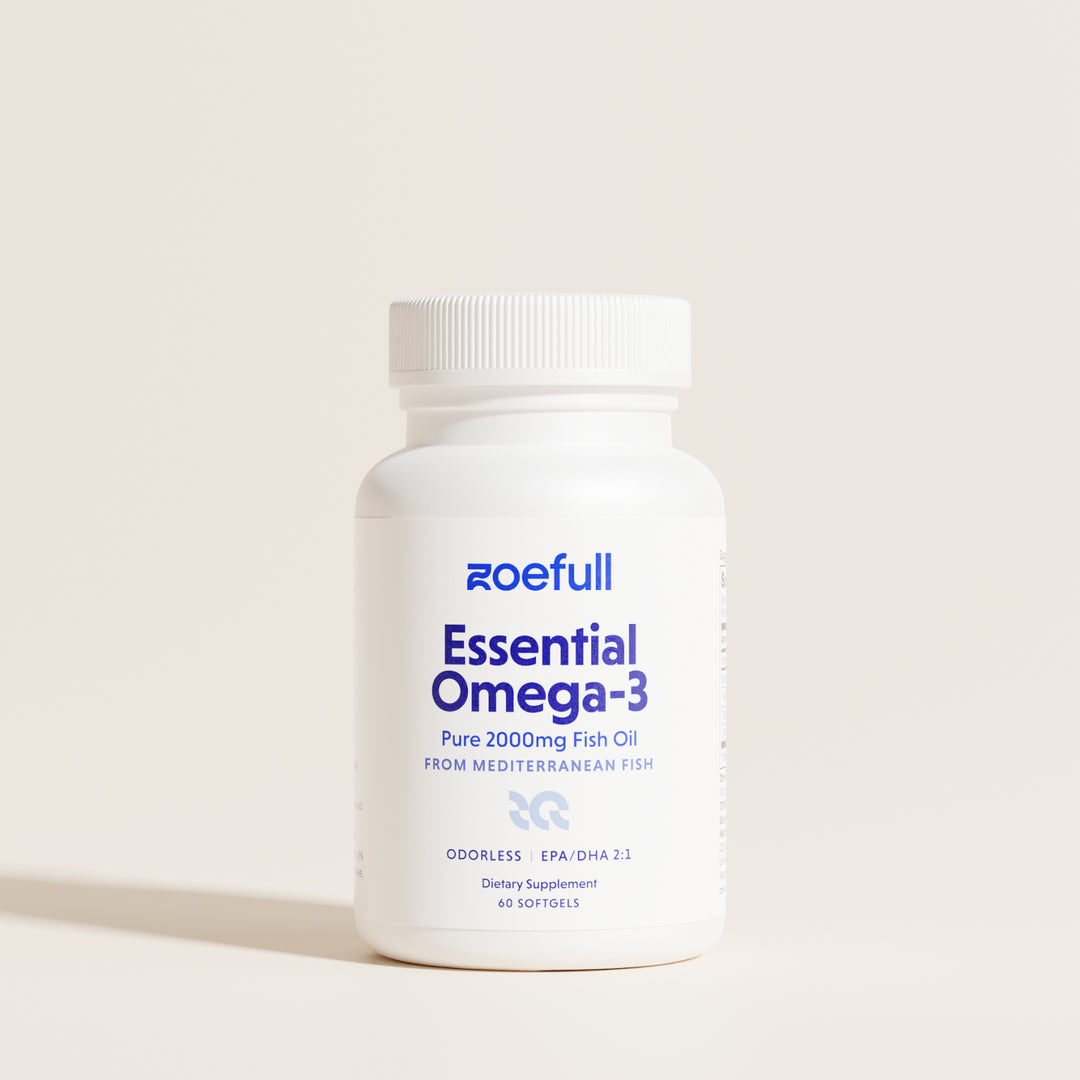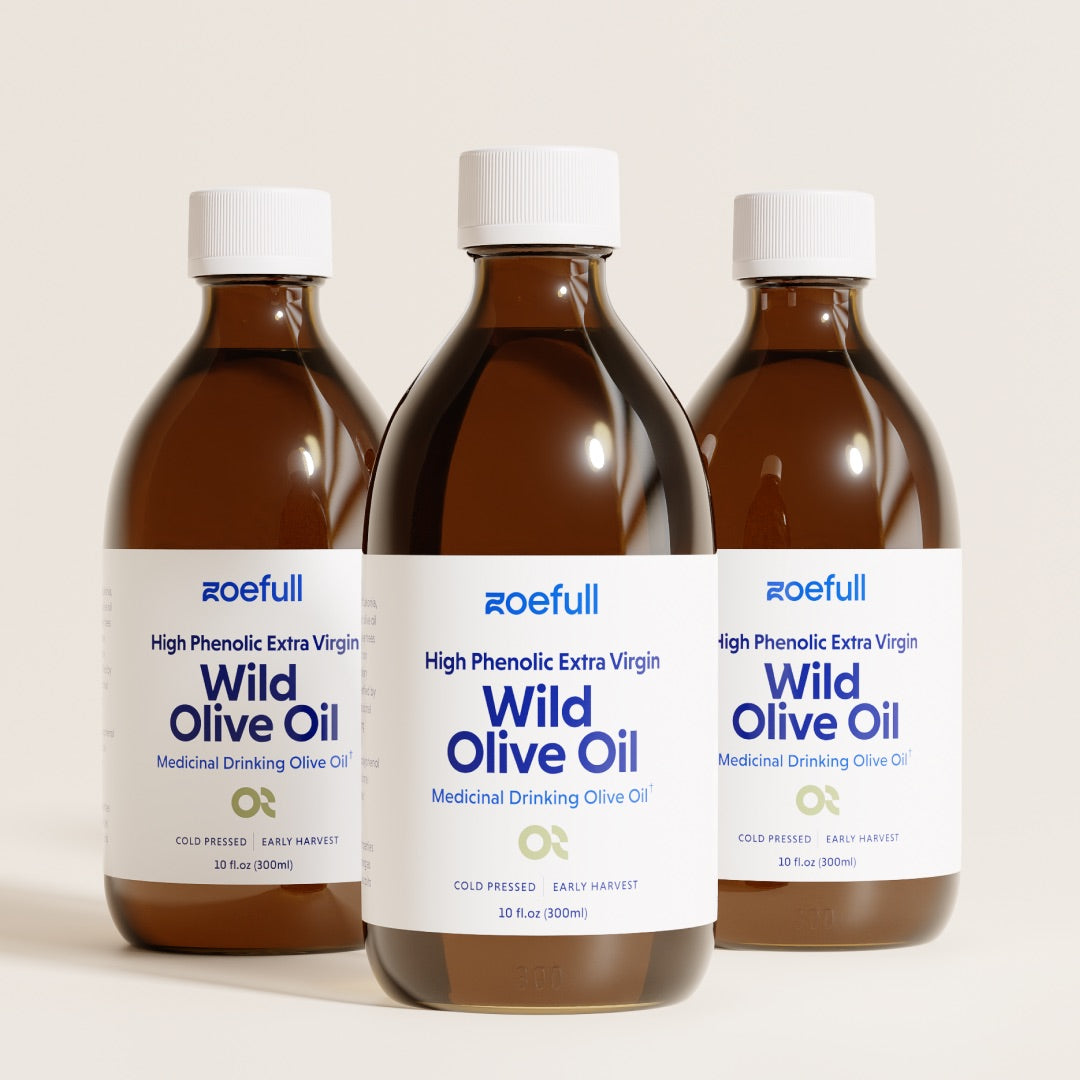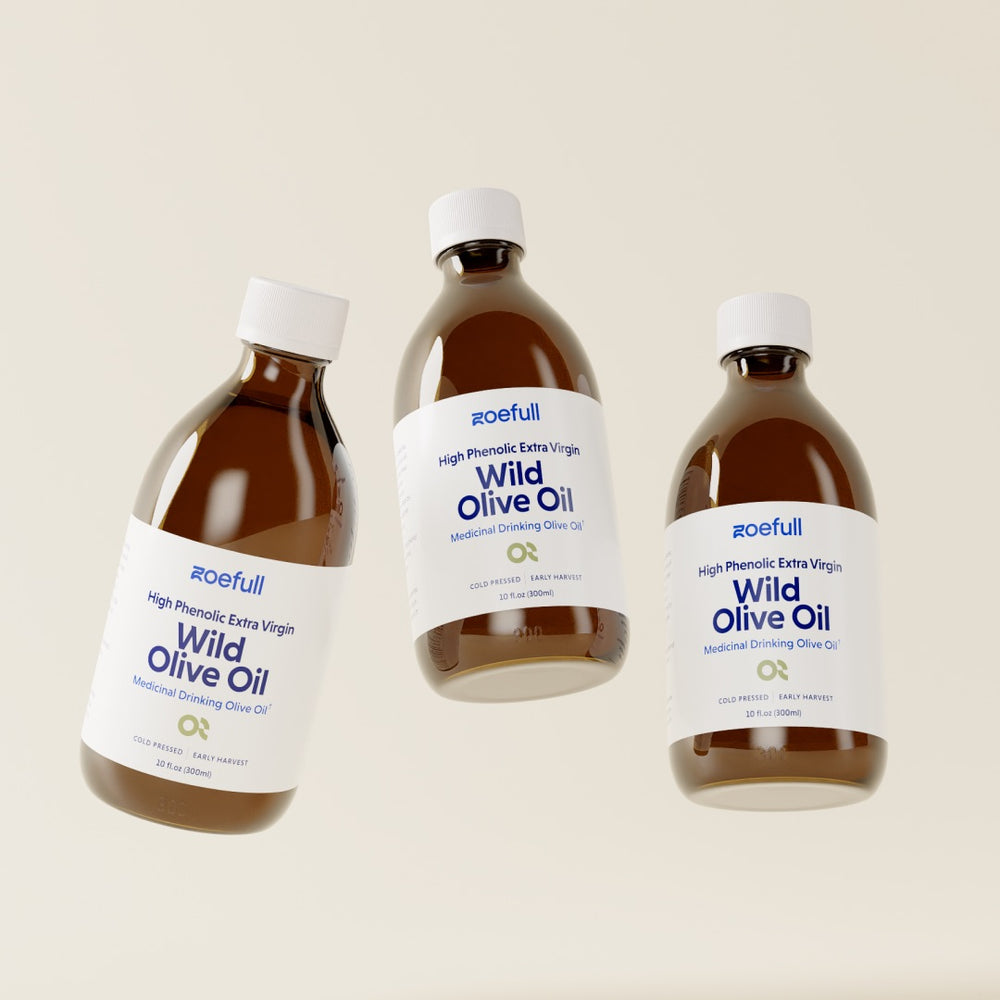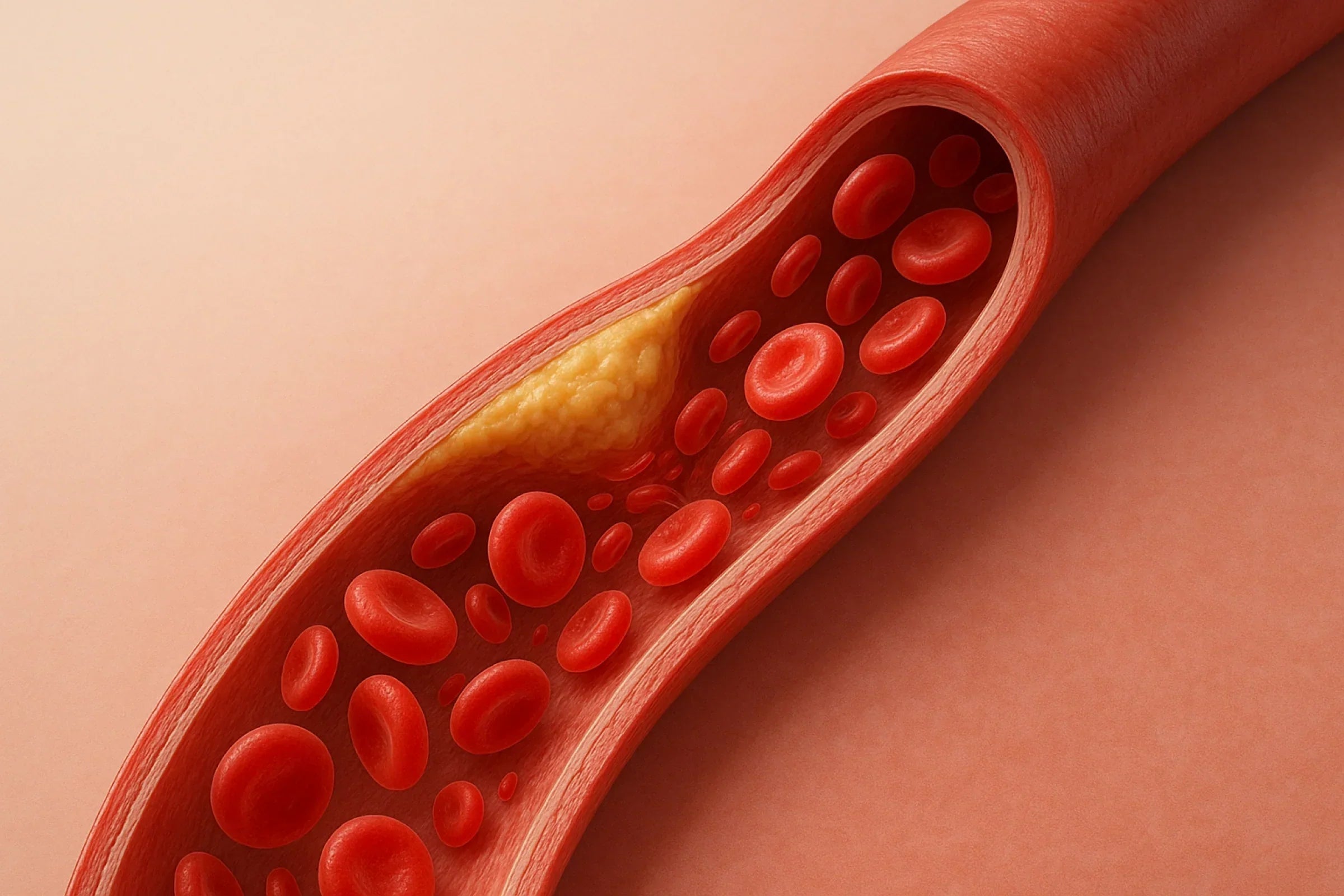How the World’s Healthiest Fat Fights Heart Disease
Cardiovascular Disease: Overview
Cardiovascular disease, a term which bundles together heart attacks and strokes, is the leading global cause of death, killing ~18 million people yearly (1). In the United States alone, cardiovascular disease kills about 2500 people per day, or about 2 people per minute, and is responsible for 1 in every 3 deaths, according to the CDC (2) (see also Figure 1 for US heart disease death rates by county).
Figure 1 (from (2)): Heart disease death rates by county, for adults in the United States during 2018 - 2020.
Why are so many people dying from this cause? Cardiovascular disease is chronic; it begins early and progresses very slowly. There are data from autopsies of young people who died from non-cardiovascular diseases revealing that arterial blockage with atherosclerotic lesions or plaques begins as early as the age of 16 (see e.g. Figure 2). It takes decades for the disease to escalate to full-blown heart attacks. Yet, modern medicine only begins to address the problem at the later stages of our lives, often only after having suffered a life-threatening event because of it. Simply put, the only reason cardiovascular disease is a global leading cause of death is because our approach to dealing with it is to ignore it until it nearly kills us.

Figure 2 (from (3)): Atherosclerotic disease in a 23-year-old. Cross-sectional view of the proximal left anterior descending artery, one of the primary arteries supplying the heart. Core = atherosclerotic damage in the wall of the artery in the form of accumulated lipids, macrophages, and foam cells ("fo").
Cardiovascular Disease and Chronic Inflammation
As with all chronic diseases, chronic inflammation is a key causal factor in the development of cardiovascular disease, so much so that researchers have characterized atherosclerosis as a "chronic inflammatory disease" (4). It contributes to cardiovascular disease in a multifactorial fashion; notably, it makes it easier for cholesterol-carrying particles to penetrate the vascular walls, get stuck within, and develop into plaques.
But all is not lost. A plethora of research has shown that not only is cardiovascular disease treatable, it is also potentially, to some extent reversible. That's right, with the correct strategy, one might be able to successfully reduce their atherosclerosis! And there are simple strategies to follow, accessible to all. For example, frequent consumption of good quality Extra Virgin Olive Oil, with its potent phenolics, fights chronic inflammation and significantly reduces the risk of cardiovascular disease. A clear and potent illustration of this are the findings of the globally renowned PREDIMED study (5), discussed next.
PREDIMED Study
The researchers behind PREDIMED did something really clever. Instead of requiring their intervention group (~7500 individuals) to follow a strict dietary regime, they gifted them a weekly bottle of extra virgin olive oil, thus positively biasing individuals to consume foods that are usually eaten with olive oil. They asked their control group to adhere to a lower-fat diet.
The study was meant to last 6 years in total but was halted prematurely, after four years and a half. The differences in the results observed in the olive oil group compared to the lower-fat group were so dramatic that the researchers simply deemed it unethical to continue the control arm of the trial. They found that:
The group receiving extra virgin olive oil had a 31% (about a third) lower incidence of stroke, heart attack, and death, compared to the control group. Put differently, based on these results, olive oil consumption appears to be as powerful as statins for primary prevention of heart disease!
Thus, despite it being a leading cause of death worldwide, there are simple strategies to fight back against cardiovascular disease. Among them, consumption of good quality extra virgin olive oil constitutes one of the most potent interventions. Consume extra virgin olive oil (or the even more potent Wild Olive Oil), and consume a lot of it, for a healthy, happy heart.
References
1) https://www.who.int/health-topics/cardiovascular-diseases
2) https://www.cdc.gov/heart-disease/data-research/facts-stats/index.html
3) Stary, H.C. (2003). Atlas of atherosclerosis progression and regression. Boca Raton, FL: CRC press
4) Henein MY, Vancheri S, Longo G, Vancheri F. The Role of Inflammation in Cardiovascular Disease. Int J Mol Sci. 2022 Oct 26;23(21):12906. doi: 10.3390/ijms232112906. PMID: 36361701; PMCID: PMC9658900.
5) Estruch R, Ros E, Salas-Salvadó J, Covas MI, Corella D, Arós F, Gómez-Gracia E, Ruiz-Gutiérrez V, Fiol M, Lapetra J, Lamuela-Raventos RM, Serra-Majem L, Pintó X, Basora J, Muñoz MA, Sorlí JV, Martínez JA, Fitó M, Gea A, Hernán MA, Martínez-González MA; PREDIMED Study Investigators. Primary Prevention of Cardiovascular Disease with a Mediterranean Diet Supplemented with Extra-Virgin Olive Oil or Nuts. N Engl J Med. 2018 Jun 21;378(25):e34. doi: 10.1056/NEJMoa1800389. Epub 2018 Jun 13. PMID: 29897866.
